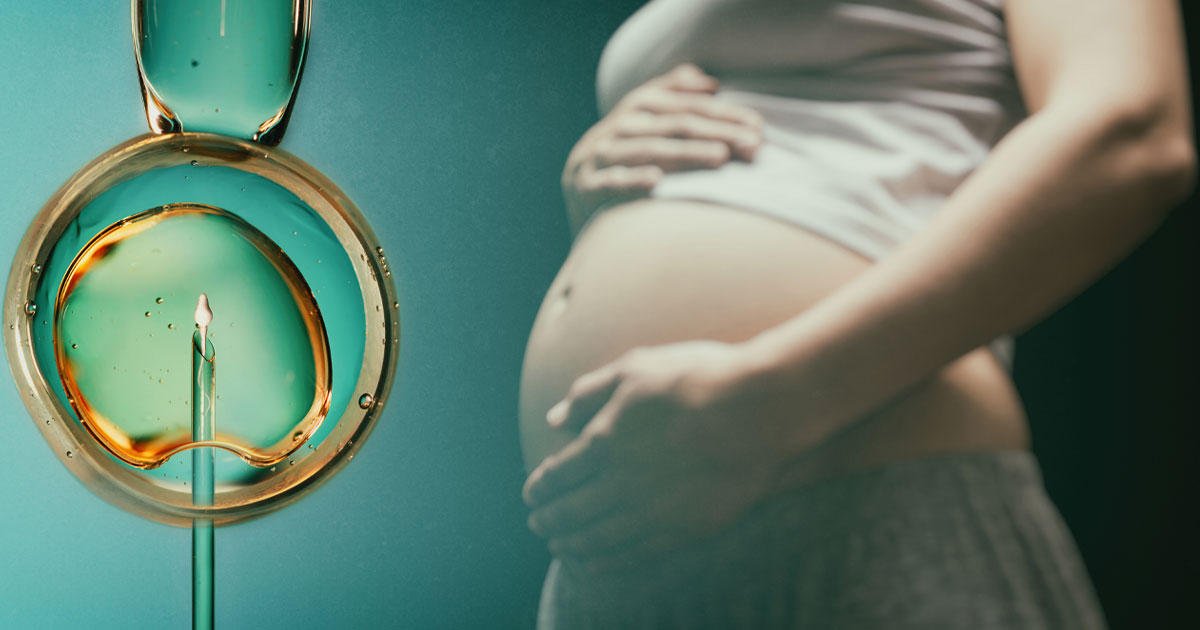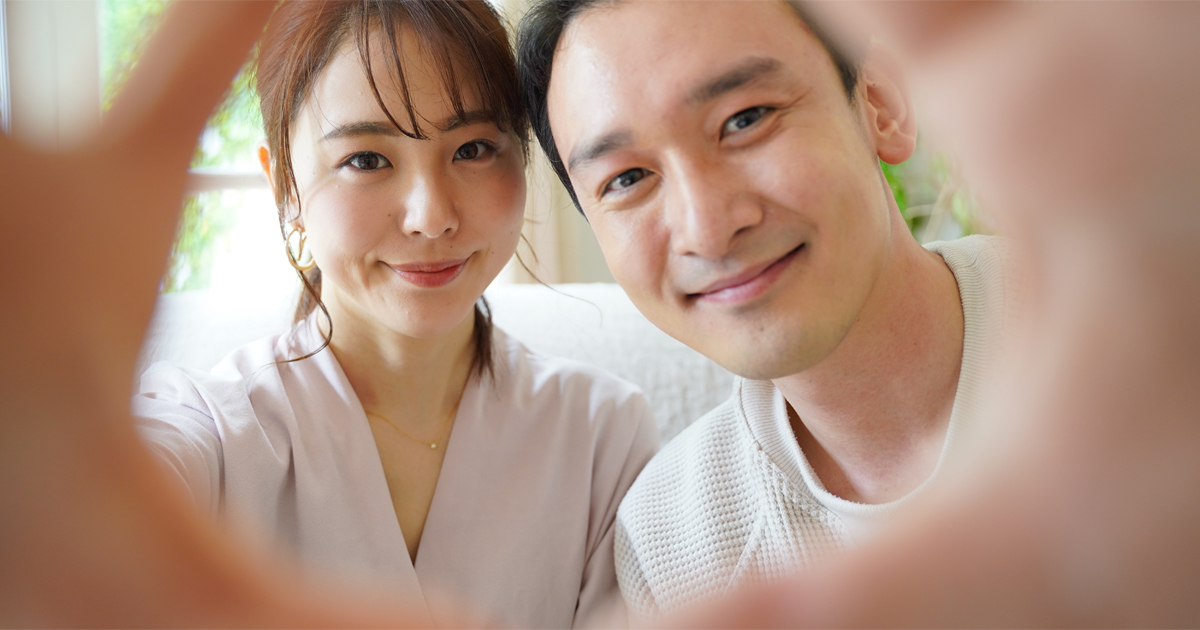If you and your spouse went through an In-Vitro Fertilisation (IVF) procedure, only to find out that a complete stranger’s sperm was fertilised with your egg instead of your husband’s, one can imagine the emotional turmoil following such an outcome
Dealing with this unpleasant event can emotionally and mentally damage couples and their families, especially in cases when the expectation is to be able to give birth to a child who shares both parents’ genes and physical features, not just one of them. As it turns out, this scenario actually occurred in the seminal case of ACB v Thomson Medical Pte Ltd [2017] SGCA 20.
Facts: The Appellant underwent an IVF treatment and delivered a baby daughter. When the baby was conceived, the baby’s hair and skin tone were different from either of her parents. Subsequently, it was discovered that the Appellant’s egg had been fertilised with another stranger’s sperm instead of her husband’s. As a result, the couple suffered emotional pain and wanted to seek damages for the full costs of raising the baby.
Issue: The Court then had to decide whether a parent can claim the costs of raising a child born following a mix-up in the IVF procedure.
The Appellant wanted to be awarded for costs she would incur in raising the child (“upkeep costs“) and recovery for loss of autonomy.
Outcome: The Court rejected awarding the first claim for upkeep costs as it would have been nearly impossible to place a monetary value on parenthood. Furthermore, the parent’s involvement in the lawsuit would conflict with their parental duties since they would be attempting to prove that the child is a liability by exaggerating their infirmities and downplaying any benefits just to justify the upkeep costs.
The Court also rejected the recovery for “loss of autonomy” as it is an actionable injury in its own right. Furthermore, the concept of “autonomy” is ambiguous and disputed as a ground for claims under the law.
Recognition of “genetic affinity”
However, in a significant decision by the Court, they acknowledged the losses suffered by the Appellant and her spouse because of the IVF mix-up arising from an interest in genetic affinity. This is because the bond between parents and their children is established through shared ancestry and commonalities in their physical traits and personality.
The Court noted that this interest in affinity does affect not only the parent and child but also the family’s relationship with society. As Singapore is a multi-racial country, the loss of genetic affinity is more significant as race, culture, and ethnic identity hold a significant role in Singapore.
Award of Damages/Compensation
Although the Court eventually awarded a sum of 30% of the Appellant’s financial costs for raising the child, the Court had some remarks about the damages computation. In such a novel case, there is a clear tension between using monetary terms to quantify the grief and suffering of the parents as compared to the value of the loss suffered by parents when their child is not aligned with their genetic wishes is not appropriate to be individualised.
The Court noted that any such damage computation would be arbitrary and offensive to the moral values; it would also be unfair to not award any damages to the Appellant for the Respondents’ negligence as well.
In conclusion, this rather unprecedented case is certainly not an easy moral or legal conundrum to resolve. However, if you and your spouse find yourselves in a similar situation, you can always seek help from our family lawyers who can better able to guide you through this difficult process.












